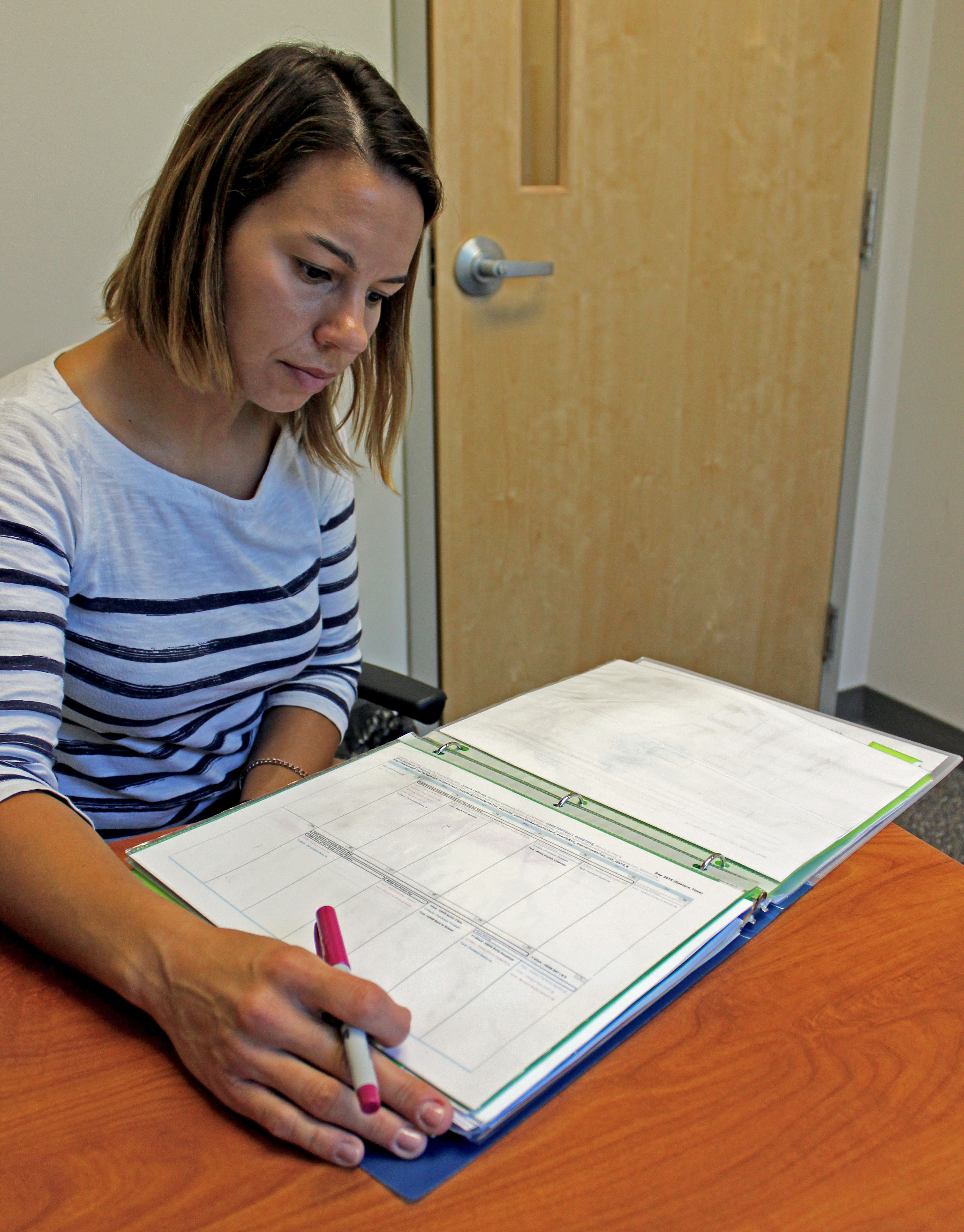Brain Injury Help from Speech-Language Support Group
According to the American Speech-Language Hearing Association, at least 5.3 million Americans, approximately 2% of the population, currently live with disabilities related to brain injury.
 There are two types of brain injuries - traumatic and non-traumatic.
There are two types of brain injuries - traumatic and non-traumatic.
Traumatic brain injuries (TBI) are caused by an external force such as a fall, assault, motor vehicle accident, sports injury, gunshot wound, child abuse, domestic violence, or blast.
Non-traumatic brain injuries are caused by an internal force such as a stroke, infectious disease, seizures, tumors, poisoning.
Brain injury can leave an individual with a number of persistent impairments. These problems may be cognitive (difficulties with attention, memory, communication, reasoning, and problem-solving); physical (weakness or lack of coordination in arms or legs, impaired vision, fatigue, sleep problems); emotional (vulnerability to depression, difficulty controlling anger or anxiety); or behavioral (being impulsive). Survivors of brain injuries are often left with cognitive and communication deficits, such as memory loss, slurred speech, and trouble swallowing.
Those who suffer from TBIs may require care from a number of physicians or specialists, including speech-language pathologists (SLPs). SLPs work to address deficiencies in language, swallowing and speech. Those with a TBI may have difficulty expressing what they would like to say, organizing their thoughts, speaking fluently and experiencing memory lapses. After conducting a series of evaluations, a SLP will set goals, create a customized therapy plan, and schedule follow-up appointments for each individual client.
The Speech-Language Institute offers a free community brain injury support group. led by Speech-Language Pathologist, Shelley Slott along with Salus University Master of Science SLP students. The group meets weekly virtually, which allows easier access for attendees. The group works on activities for memory, vocabulary, presentation topics on brain injury and includes memory games
One long time attendee described the group as an uplifting, supportive and welcoming environment. It offers a support system with people who have been in similar situations, where they can talk about the struggles brought on by brain injury. There is also weekly practice homework.
Salus SLP students tailor the group to what the participants want to work on and personalized help even though it isn’t individualized therapy, noted a participant.
If you or a loved one experience communication difficulties after a stroke or traumatic brain injury, the Speech-Language Institute of Salus University has a team of trained speech-language pathologists that can help.
Sign up for a support group here or call 215.780.3150.